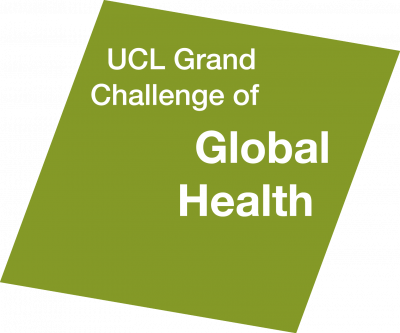Intervention to decrease the pathogen load in well water for a Bangladesh community
1 September 2021
Clean water and sanitation are integral to improvement of global health. Globally 2.2 billion people consume water contaminated with faeces, representing an estimated 485,000 deaths annually from diarrhoea. Access to clean water is often attributed to improved water sources such as tubewells, although there is limited understanding of bacterial growth in and around the tubewells. This project involves both a cheap and simple intervention to improve water quality by decreasing bacterial pathogen load.
The team will use an evidence-based approach working with the local community to co-design a simple strategy for decreasing the load of diarrhoea-causing bacteria in well water. This proof-of-concept study will be done in Araihazar Upazila, Bangladesh. The involvement of a variety of actors especially the community will help inform the feasibility, implementation and wider evaluation of the intervention paving the way for a large scale study.
 Close
Close


